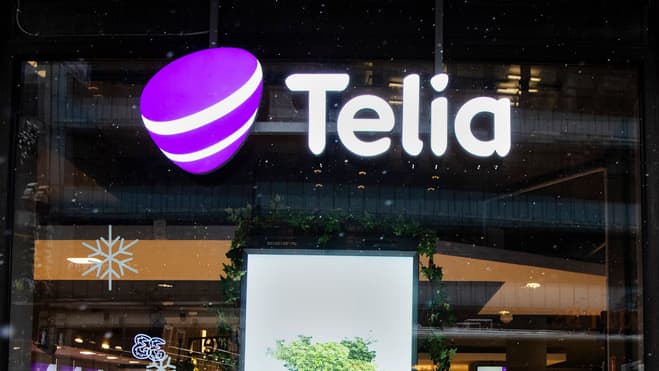From an investor's perspective, the news from Telia is positive, thinks Joni Grönqvist, who is an analyst at Finnish Inderes. The 3,000 jobs that will be eliminated during the year correspond to around 15 percent of the workforce.
I'm surprised that Telia dares to do it. And I think it's good that they dare. Even though it's of course tough for the employees, profitability has long been a major problem for Telia.
As recently as 2021, 1,000 employees were laid off, which means that the "easy" savings have already been made.
But if he compares with Finnish operator Elisa, Telia has continuously lagged behind in personnel reductions for a significantly longer period, believes Grönqvist.
The announced cutbacks this time are so extensive that they will impact the income statement.
But if you can make such big changes, why haven't you done it before? The big question is what impact this will have on sales and revenue, says Grönqvist.
Lower confidence in growth
But there is no consensus among analysts. Daniel Djurberg at Handelsbanken had expected the savings to be even more extensive.
You can say that it was expected news given that there is a new management in place. Now they've had time to go through the operations, and it results in this savings program, he says.
Advertisement
Teleoperators have had a tailwind from inflation, where they dared to raise prices during a period, according to him.
But now it feels like they're focusing very much on becoming more efficient, which also indicates a lower confidence in growth in revenue.
"Not out of concern"
Djurberg sees some risks with the savings.
At the same time, there are even greater risks in the long run if you don't do it. Then you're putting all employees at greater risk.
Advertisement
The savings package comes despite the share price having done well this year, and one of the stated goals is to be able to continue with dividend payments. But Djurberg doesn't see a greater risk that the brand will take a hit.
It sounds harsh, but if we look at today's share price, which is down around 2 percent, it's not out of concern for the employees, but that the market thought the savings would be even greater.






